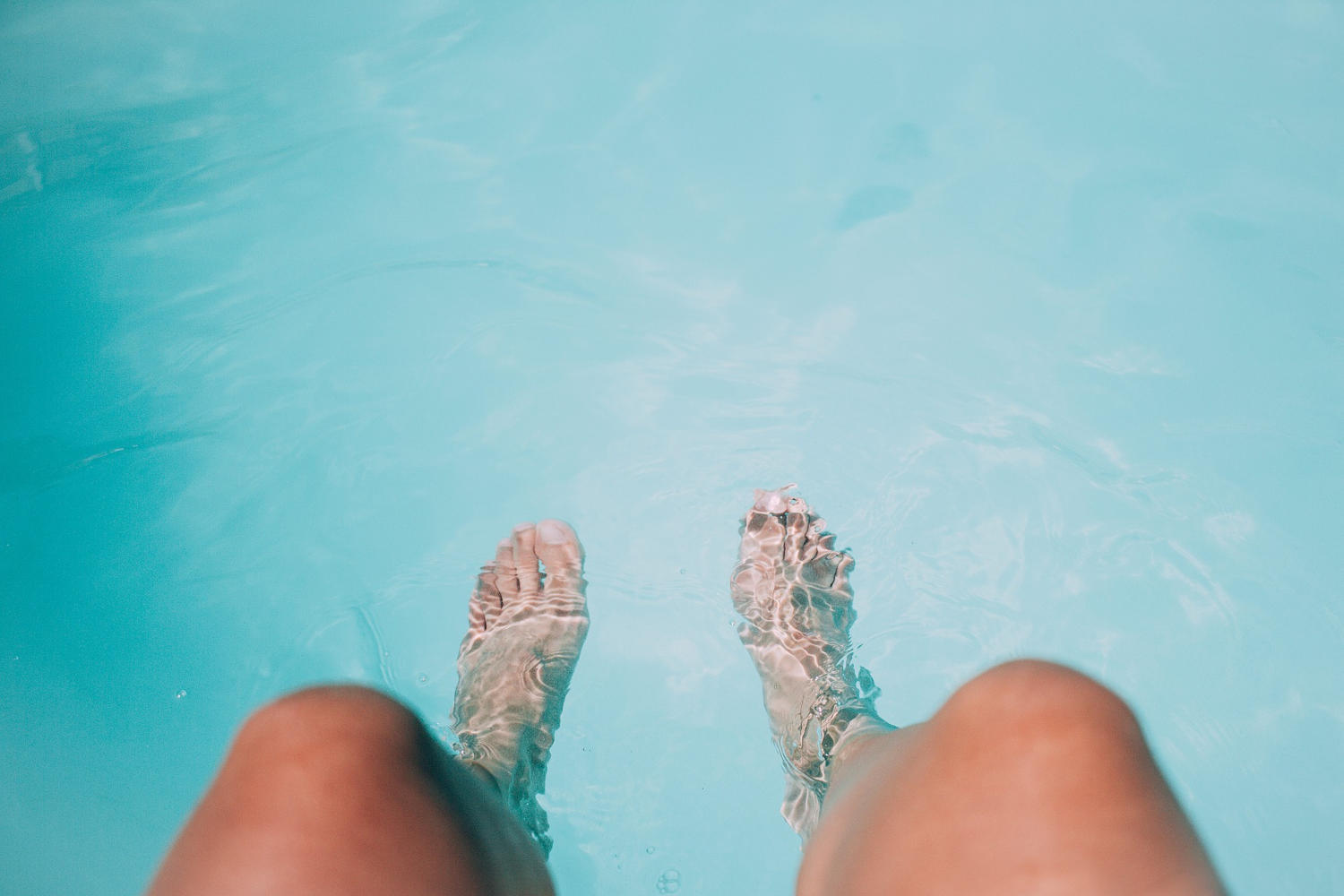7 Things To Do Over the Summer Vacation

For those of us in the western hemisphere, the summer vacation is almost here. The question is, what can you do that will get you up and running for the Fall term without sacrificing a well-earned rest? That’s assuming, of course, that you want to do anything at all. I know that when I was teaching, I liked to feel completely ready for the new challenges ahead, and that meant doing at least some work over the long break. So, if you’re of the same mind, here’s what I found works pretty well.
Have a complete rest
This ought to be obvious, but I have had some co-workers who worked for a couple of weeks after the end of school. Their thinking was that they could get everything done that they needed to, and then forget about school for the next month.
That approach never worked for me, mainly because I was just too tired. I always spent the first two weeks in a zombie-like state, so any kind of work was out of the question for me. Besides, I think people work more effectively after a really good rest.
Catch up on articles
I often come across articles that I think will be interesting but which I don’t have time to read, especially if they’re not directly or immediately relevant to my work. However, I always bookmark them, and then spend some of the vacation time reading them when I don’t have any other very pressing matters to attend to.
Catch up on non-fiction books
It’s the same with books. Sometimes I’ll buy a book because it’s in a Kindle deal, even though I don’t have time to read it. That’s what summer vacations are for.
Read some fiction books
I regard reading stuff like time travel stories as part of my rest and relaxation. However, if you are beset with guilt about actually switching off, you can always find books that are relevant to your subject. For example, I sometimes read dystopian novels and short stories in order to have some ethical issues to discuss with the kids I taught. Fiction enables you to speculate without fear of being proved wrong.
Tools and ideas to transform education. Sign up below.
Visit an exhibition or museum for ideas
I live in London, and a great source of inspiration for me is the Science Museum. As well as exhibits and information about computers, Ada Lovelace and technology in general, they occasionally have special exhibitions. For example, there has been an exhibition about the data collected by Transport for London, including data which suggests unusual activity by a person. Another recent event was about the development of robots. That raised questions about whether a humanoid robot was a good thing or too scary. What exhibitions or other events are coming up where you live?
Check plans and resources
I always liked to set aside some time towards the end of the vacation to check over my lesson plans and resources, and to tweak them if necessary. I realise that this is a potentially never-ending task, but I always wanted to make sure I didn’t have to worry about the first couple of lessons in each class.
Get your classroom ready
The final thing I always found useful was to go into school for a day or two towards the end of the vacation. I used the time to make sure my classroom was ready, that I had the names of new kids and their user identities for the school network, made sure my computers and laptops all worked ok -- in other words, just some general housekeeping.
If you decide to do this, I highly recommend not going in on the very last day or two days of your vacation, for two reasons. First, lots of other teachers will have the same idea, and you can easily find yourself chatting about what you did over the summer instead of doing any work. Secondly, I think psychologically it’s better to have a couple of days off before getting back into the fray.
Conclusion
I always admired those colleagues who could completely switch off for six or more weeks, and then turn up to school on the first day of the new semester and just get on with it. I always needed to feel assured that I had everything in hand, at least for the first week or so. If you’re the same, I hope these suggestions prove useful.
Terry Freedman is an independent edtech consultant and freelance writer based in London, England. He publishes the ICT & Computing in Education website.
